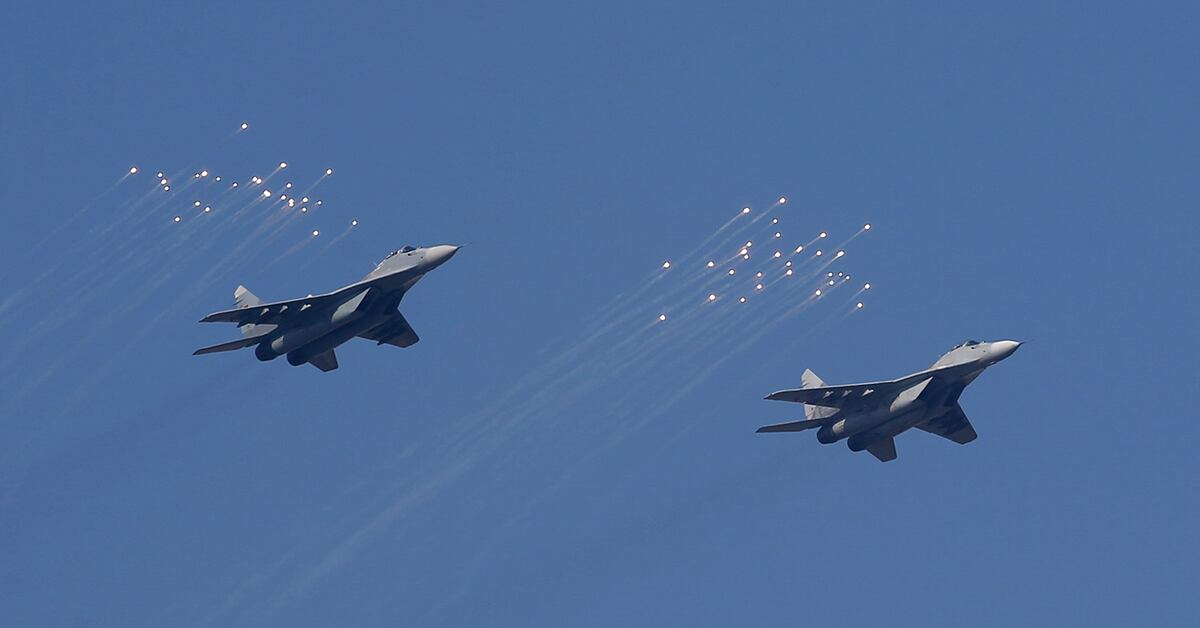CAIRO — Sudan’s defense minister, Gen. Gamal al-Din Omar, died Wednesday of a heart attack while on an official visit to neighboring South Sudan, Sudanese military and government officials said Wednesday. He was 60.
Omar was in South Sudan’s capital of Juba taking part in peace talks between his country’s transitional government and rebel groups, the officials said. He attended meetings that stretched into late Tuesday, and he died early Wednesday, the officials said. The was no further information.
The officials spoke on condition of anonymity because they were not authorized to talk to the media.
Born in January 1960, Omar was a member of Sudan's Sovereign Council, which took power last year under a 39-month power-sharing deal between the country's military and the pro-democracy movement that led the uprising against former autocratic President Omar al-Bashir.
RELATED

In a statement released later Wednesday, Gen. Abdel-Fattah Burhan, who heads the Sovereign Council, said he mourned the death of Omar “who died while struggling for the stability of Sudan” — a reference to talks with rebels to end Sudan’s yearslong civil wars.
Sudanese Prime Minister Abdalla Hamdok mourned Omar as one of Sudan's “loyal sons" who had played “an effective role" in the talks with the rebels.
The state-run SUNA news agency said a funeral prayer was held for him in Juba, before his body was to be transported later Wednesday to the Sudanese capital, Khartoum, for burial.
Mohammed Hassan al-Taishi, a spokesman for the Sudanese government's delegation to the talks with the rebels, said the negotiations would be suspended for a week because of Omar's death, starting Wednesday.
Sudan’s transitional government has been engaging in peace talks with rebel groups since October. Juba, the South Sudanese capital, is hosting those negotiations which aim to stabilize the country and help its fragile path to democracy survive following the military’s overthrow last April of al-Bashir, who held on to power for nearly three decades.
Hundreds of thousands of people have been killed in fighting in Sudan’s multiple insurgencies, including in the restive western Darfur region. That’s where al-Bashir brutally repressed an uprising in the early 2000s. Since then, the International Criminal Court has sought al-Bashir on charges of war crimes and genocide.
Reaching a peace deal with the rebels is crucial to Sudan’s transitional government as it seeks to rehabilitate the country’s battered economy, attract much-needed foreign aid and deliver the democracy it promised.








